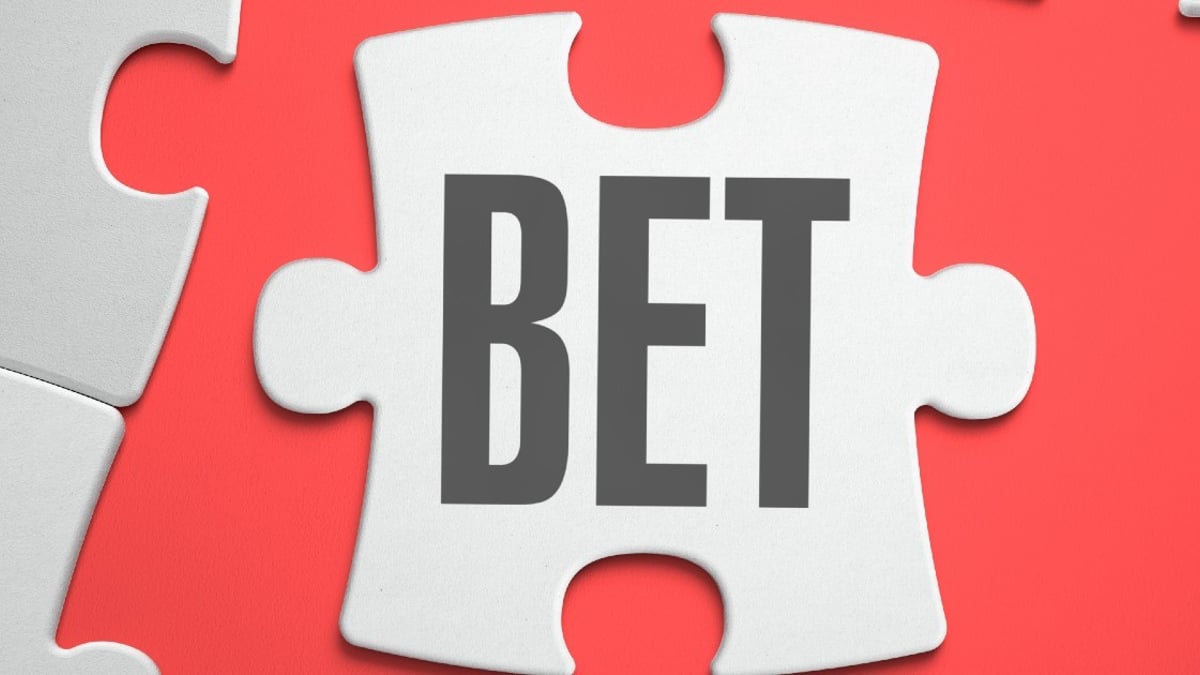Why People Love Single Game Parlays

Casual bettors are enamored with single-game parlays, also called same-game parlays.
In an investor call in November, it was revealed that four out of five FanDuel Sportsbook customers had placed a single-game parlay in 2022.
In their March Madness analysis, Eilers & Krejcik Gaming forecasted that 10-15% of the NCAA Tournament betting handle would be via SGPs. And SGPs aren’t simply a March-Madness-focused product. The firm noted that this was lower than the 20% it estimated for the Super Bowl.
As ESPN reported, SGPs accounted for 31% of pre-game Super Bowl LV bets at Kambi-powered sportsbooks.
Yet, the product is derided by serious bettors who compare them to lottery products. The casual bettor’s fondness for SGPs is a headscratcher to more-serious bettors. And because of their growing popularity, operators spend more time and resources on SGPs. That means less time and resources for the products and features that appeal to sharp bettors.
To no one’s surprise, Gambling Twitter is screaming from the mountaintops about the high hold rates of SGPs and how there is better value in other wagers. But scream as they might, casual bettors aren’t listening. And neither are the sportsbooks.
Calling it a Lottery Product Isn’t a Negative
When serious bettors use “lottery” as a slur, it rings hollow to casual bettors.
The lottery is popular, and casual bettors like lottery-style products. They like instant win scratch tickets and daily and weekly drawings, even if the odds are terrible. U.S. adults spend an estimated $100 billion annually on lottery products. Legal sports betting handle was around $93 billion in 2022 (a number that includes promotional credits).
The appeal of the lottery is similar to popular casino games. The idea of turning an inconsequential amount of money into a consequential amount drives this behavior. They’re not looking for the best odds or to prove their betting intelligence; they’re looking to turn a little into a lot without investing much time or effort.
"Recreational punters want to have a small bet, but a chance at a big payout.” PointsBet COO Mark Hughes told ESPN. “They really enjoy it."
This is the fundamental misunderstanding serious bettors have about casual bettors. It’s not that they don’t know better. Like Peter Gibbons, they don’t care. And that level of not caring can reach extraordinary levels. Take the Tweet below, where people chose the game with a higher minimum and worse odds.
New first for me to see: There is a $15 00 roulette table with three empty seats and a $25 000 next to it with two players. I've seen same and $10/15 before. I don't often see $25 000 at all.
— John Mehaffey (@John_Mehaffey) June 3, 2021
Stop Telling Me What and How to Bet
Just as bettors don’t want the government telling them what they can do with their money, casual bettors don’t want experienced bettors telling them what and how to bet. The person consuming a bag of chips and a soda for lunch knows that healthier options exist, but it’s their choice.
If someone (or many someones) want to bet on unlikely events with high vig that’s their choice. Pestering them is likely to be counterproductive. It would be nice if every decision were rational, but that isn’t how the world works. We all make a variety of sub-optimal decisions every day.
Why are Sportsbooks Focused on Casual Players?
For better or worse, betting handle is one of the most often used sports betting metrics. Serious bettors contribute mightily to the overall handle. But their complaint against SGPs illustrates why many books would prefer if they took their handle elsewhere.
Sure, sharp bettors can increase handle, but most books look at the situation as a simple math problem. Do I want 100 bettors wagering $20 with a 10% hold or one bettor wagering $5,000 with a hold of 1% or .5%? One offers a $200 return, the other a $25-$50 return.
And without getting too deep into the math, SGPs have a higher hold percentage, about double per analysis from Deutsche Bank analysts.
Some Books are Better at SGPs
Sportsbooks with in-house tech stacks have a considerable advantage on the SGP front. Per Donal Barron, ex-head of corporate development at Banach, with an in-house tech stack, “The SGP can be compiled from the primary event page, the odds are consistent between the bet builder and the main event page, which is not the case when using a third party.”
Not surprisingly, FanDuel, a first-mover on SGPs in the U.S., is a dominant force in the SGP betting space.
And that advantage is expressing itself in the results. As the Earnings+More Newsletter recently reported:
“The latest data from Illinois gives a perfect illustration of the importance of parlays in general to the shape of the overall market. Between them, FanDuel and DraftKings control 70% of the total market by AGR and an even more impressive 79% of parlay AGR. By handle, DraftKings and FanDuel control 68% of the market but 75% of the parlay handle.”
Final Thoughts
SGPs are here to stay. If sharp bettors have the casual bettors’ interests at heart, they would be better off trying to improve the SGP product (more odds transparency) than steer bettors away from SGPs.
Be first to get our exclusive sports offers!
Join today to stay up to date on your states gambling news and offers.









